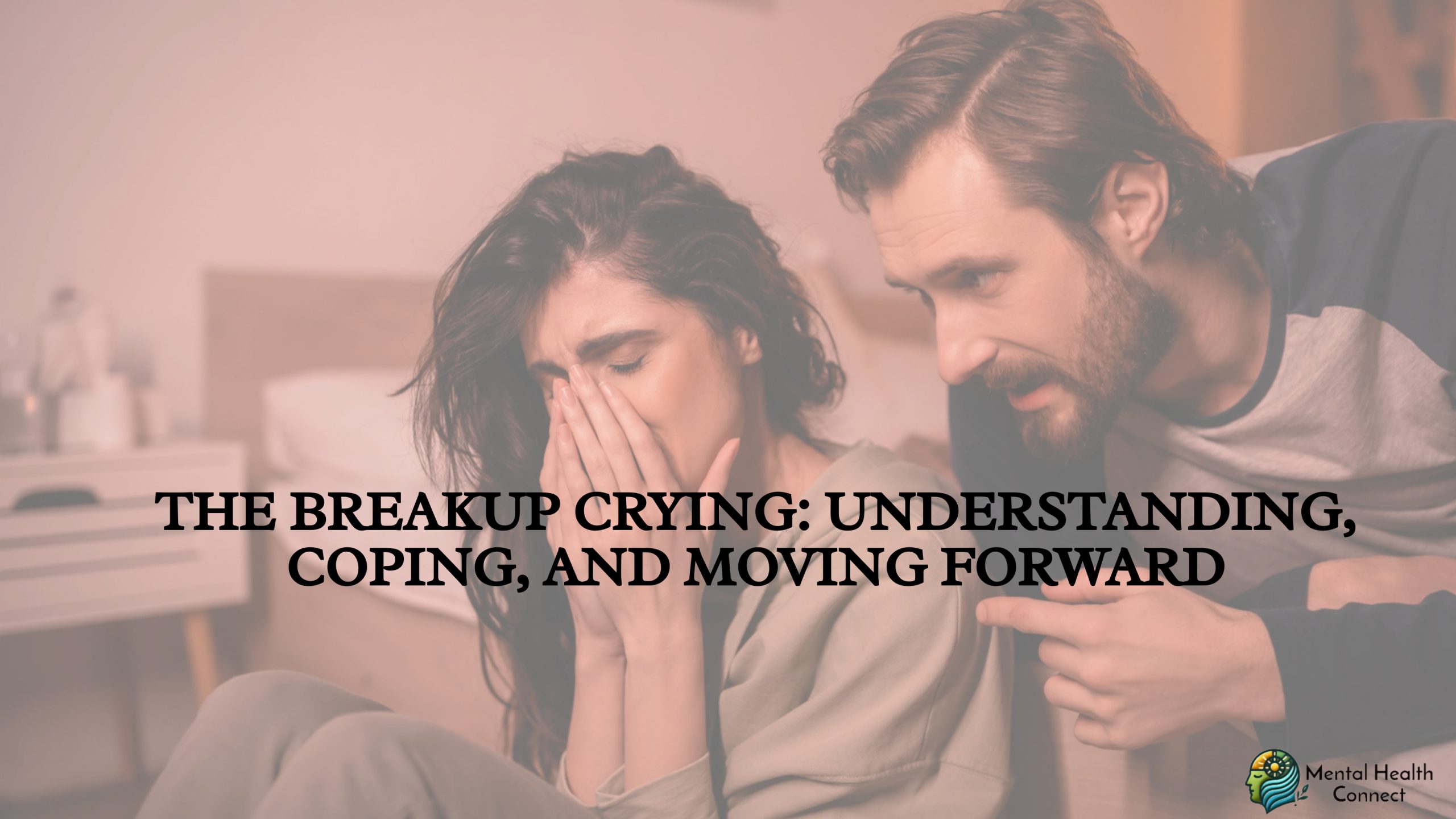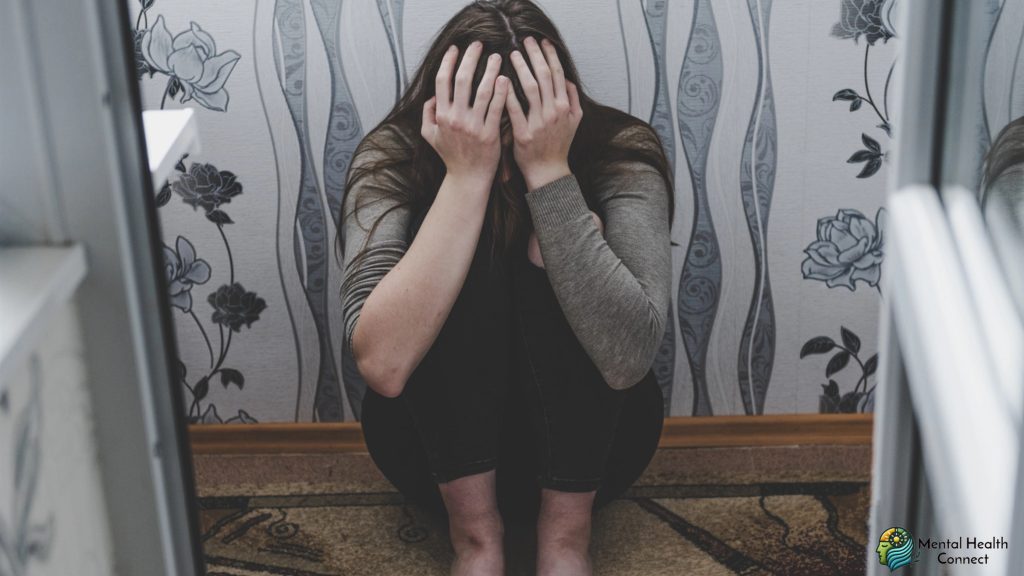The Breakup Crying: Understanding, Coping, and Moving Forward

Breakups can be emotionally overwhelming, and “breakup crying” is a natural reaction to the end of a meaningful relationship. Whether it’s due to heartbreak, feelings of loss, or regret, shedding tears is a way to process emotions. Crying after a breakup is not a sign of weakness; rather, it’s a crucial step toward healing. In this article, we’ll explore the psychology behind breakup crying, why it’s important, and how to navigate this phase effectively.
What is Breakup Crying?

Breakup crying refers to the emotional release of sadness, frustration, or relief following the end of a relationship. It’s a physical response triggered by emotional pain, often accompanied by symptoms like exhaustion, loss of appetite, and mood swings. Scientific studies show that crying helps regulate emotions by releasing stress hormones and endorphins, providing temporary relief.
Examples of Breakup Crying:
– Crying alone in bed while reminiscing about past memories.
– Bursting into tears unexpectedly when hearing a song that reminds you of your ex.
– Feeling emotionally drained after a long crying session with a close friend.
Why is Breakup Crying Important?

Breakup crying is essential for emotional healing. Suppressing emotions can lead to unresolved grief, prolonged sadness, or even depression. Here’s why it’s beneficial:
– Emotional Release: Helps reduce stress and anxiety.
– Mental Clarity: Clears your mind, making it easier to process feelings.
– Healing Process: Accelerates emotional recovery by confronting pain instead of avoiding it.
– Self-Discovery: Encourages introspection and personal growth.
How to Cope with Breakup Crying?

Navigating the emotional aftermath of a breakup requires healthy coping strategies. Here are some steps to help you manage crying episodes effectively:
1. Allow Yourself to Feel: Accept your emotions instead of suppressing them.
2. Talk to Someone: Share your feelings with a close friend or therapist.
3. Engage in Self-Care: Practice mindfulness, meditation, or journaling.
4. Stay Active: Exercise helps release endorphins and boosts mood.
5. Limit Contact with Your Ex: Reduce triggers that may prolong emotional distress.
6. Seek Professional Help: If crying persists excessively, consider therapy.
Best Practices for Emotional Recovery After a Breakup
– Acknowledge Your Emotions: Validate your feelings instead of dismissing them.
–Focus on Personal Growth: Engage in new hobbies and self-improvement activities.
– Practice Gratitude: Shift your focus from loss to lessons learned.
– Avoid Rebound Relationships: Take time to heal before jumping into a new relationship.
– Surround Yourself with Positivity: Spend time with uplifting people who encourage healing and growth.
Common Mistakes & How to Avoid Them
– Suppressing Emotions: Leads to prolonged sadness; instead, allow yourself to grieve.
– Isolating Yourself: Can worsen emotional distress; seek social support.
– Obsessing Over Your Ex: Prevents healing; focus on self-care and moving forward.
– Re-reading Old Texts: Triggers unnecessary pain; delete past conversations.
– Seeking Closure from Your Ex: Not always possible; find closure within yourself.
Future Trends & Predictions in Emotional Healing
– AI-Powered Therapy: Virtual counselors and chatbots for emotional support.
– Mindfulness Apps: Growing use of guided meditation for stress relief.
– Social Media Awareness: Increased content on breakup recovery and mental wellness.
– Holistic Healing Approaches: Rise of therapy involving music, art, and journaling.
FAQs
1. Is crying after a breakup normal?
Yes, it’s a natural part of the healing process and helps release pent-up emotions.
2. How long does breakup crying last?
It varies for each individual but typically lasts a few weeks to a few months.
3. What if I can’t stop crying?
Seek professional help if excessive crying interferes with daily life.
4. Can crying too much be harmful?
While crying is healthy, excessive distress may require therapeutic intervention.
5. How can I stop crying instantly?
Practice deep breathing, distract yourself with an activity, or talk to a friend.
6. Will I ever stop missing my ex?
Over time, emotional intensity fades, and personal growth helps shift your perspective.
7. Are there benefits to crying?
Yes, it reduces stress, improves mood, and aids emotional regulation.
Breakup crying is a natural and necessary part of emotional recovery. It allows you to process emotions, find closure, and ultimately heal. While it may feel overwhelming, embracing the process with healthy coping strategies will help you move forward. Remember, every tear shed is a step closer to emotional freedom. If you’re struggling, seek support from loved ones or professional counselors. Healing is a journey, and with time, happiness will find its way back to you.
Call-to-Action:
If you’re dealing with a breakup, don’t hesitate to reach out for support. Share your thoughts in the comments or connect with a community that understands your journey!
-
 How to Support Someone with OCDApril 17, 2025
How to Support Someone with OCDApril 17, 2025 -


Leave a Reply